The Australian Youth Climate Coalition (AYCC) last week attacked Prime Minister Scott Morrison’s appointment of “a mining CEO”, Neville Power, former chief executive officer of Fortescue Metals Group, as head of the National COVID-19 Coordination Commission, and called out the fossil fuel industry for “taking advantage” of the COVID-19 health crisis “to push their dirty agenda”. In response, it announced it will organise climate-concerned youth and equip them with skills to fight for climate justice, by delivering an online Digital Climate Justice Fellowship.
The six-week program organised by AYCC — which claims 150,000 young members focused on leading solutions to the climate crisis — will include “a deep dive on the system of power which caused the climate crisis, in-depth campaign strategies, how to build kick-ass teams to take down the fossil fuel industry, and actions you can take while stuck inside,” said a communique from one of the group’s leaders who identified himself as Ray.
The online course has been developed by the AYCC leadership that is also currently coordinating a campaign to Ban Fracking in the Northern Territory, and which early last year, in partnership with the Community Power Agency, published a plan Repower Our Schools to switch New South Wales and Victorian high schools to run on 100% renewable energy.
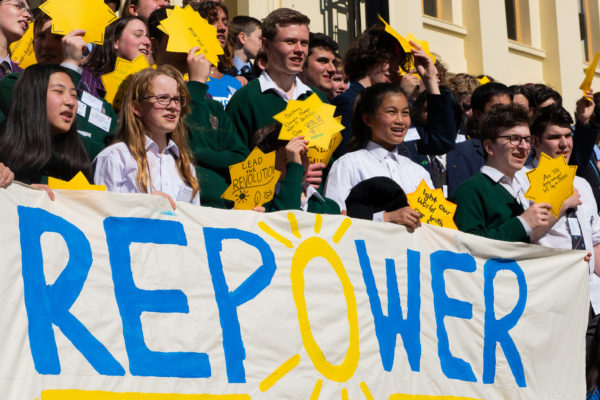
Photo: AYCC
The organisation’s new Digital Climate Justice Fellowship seems designed to turn working and studying from home during this period of social distancing into an opportunity for young people who may feel disenfranchised by state actions on crises such as climate change, drought, catastrophic bushfires and COVID-19 to date, to learn skills that will help them take part in shaping a cleaner and more equitable future for the country they will inherit.
AYCC is not alone in identifying the social and economic upheaval induced by COVID-19 as a potential catalyst for positive change.
Last week also saw the Clean Energy Council (CEC) call for clean-energy stimulus, proposing that federal, state and territory governments “make renewable energy and energy storage a key part of their COVID-19 response packages to both stimulate the Australian economy and protect households and business from high electricity costs”.
Among its proposals, the CEC is advocating federal and state governments roll out solar and storage backup for critical infrastructure such as police buildings, fire stations and telecommunications; institute a new rebate for solar batteries for homes and businesses, and provide direct funding of solar on public housing and low-income rental housing.
It argues that supporting solar PV installations will quickly employ a large number of electricians and tradespeople whose jobs are at risk due to COVID-19, and reduce the electricity bills of people who need the most support.
Climate and COVID fallouts not equally distributed
On this last point the CEC’s suggestion is in line with AYCC’s core focus on climate justice, and the assertion that the climate crisis affects the entire population, but not equally.
“It is often the most marginalised in our societies,” such as Indigenous people in Australia and throughout the world, poor communities and young people, “that have done the least to cause the problem who are hit first and worst by the climate crisis and carry the burden of polluting industries,” writes Ray in his email to subscribers.
He adds that the COVID-19 crisis is deepening such already entrenched inequalities: “whether it’s First Nations and low income families with less access to healthcare, casual workers forced into unemployment”, or the lack of support for “people of colour and Asian communities facing increased racism and policing”.
As Australian governments, unions and industry organisations struggle to manage responses to and impacts of COVID-19, organisations, community leaders and commentators are increasingly questioning what kind of recovery the country should work towards: will the country return to business as usual, or take this opportunity to leapfrog towards a cleaner, kinder, more cohesive society?
On Friday and over the weekend, AYCC’s Digital Communications Director and head of the new digital fellowship program, Jai Manoharachandran, was unavailable for comment. He was tied up in responding to “a big development in our campaign against fracking in the NT” — Origin’s decision on Thursday to call an indefinite halt to its fracking exploration in the NT’s Betaloo Basin.
Without comment from AYCC, pv magazine can only guess that for its members, the appointment of Neville Power as head of the NCCC represents a business-as-usual response to management and recovery from COVID-19.
The government has not engendered trust on climate
That the Australian Government could use COVID-19 to further its support of the coal industry and fossil-fuelled power generation in Australia is totally conceivable given its record and rhetoric to date, despite its Economic Response to the Coronavirus offering tax incentives to commercial and industrial businesses looking to install solar on their rooftops.
Morrison’s recent deal with New South Wales to apply $2 billion in joint funding to reducing the state’s greenhouse gas emissions, could also be interpreted as a huge win for the fossil fuel industry given the quid pro quo that New South Wales would inject an added annual 70 petajoules of gas into the east-coast market and remove barriers to coal supply to the Mount Piper Power Station.
Young climate activists have been condescended to by world leaders such as US President Donald Trump and members of the Australian Federal Government, but they have the potential, as an organised, informed, and heavily future-invested sector of society, to influence outcomes for Australia.
In rallying a youthful constituency to register for the Digital Climate Fellowship, which begins its action-oriented course on 16 April, the AYCC’s Ray wrote, “What we do right now is more important than ever. Together, we can use digital strategies to build an unstoppable wave of momentum for a clean-energy future free of fossil fuels.”
This content is protected by copyright and may not be reused. If you want to cooperate with us and would like to reuse some of our content, please contact: editors@pv-magazine.com.
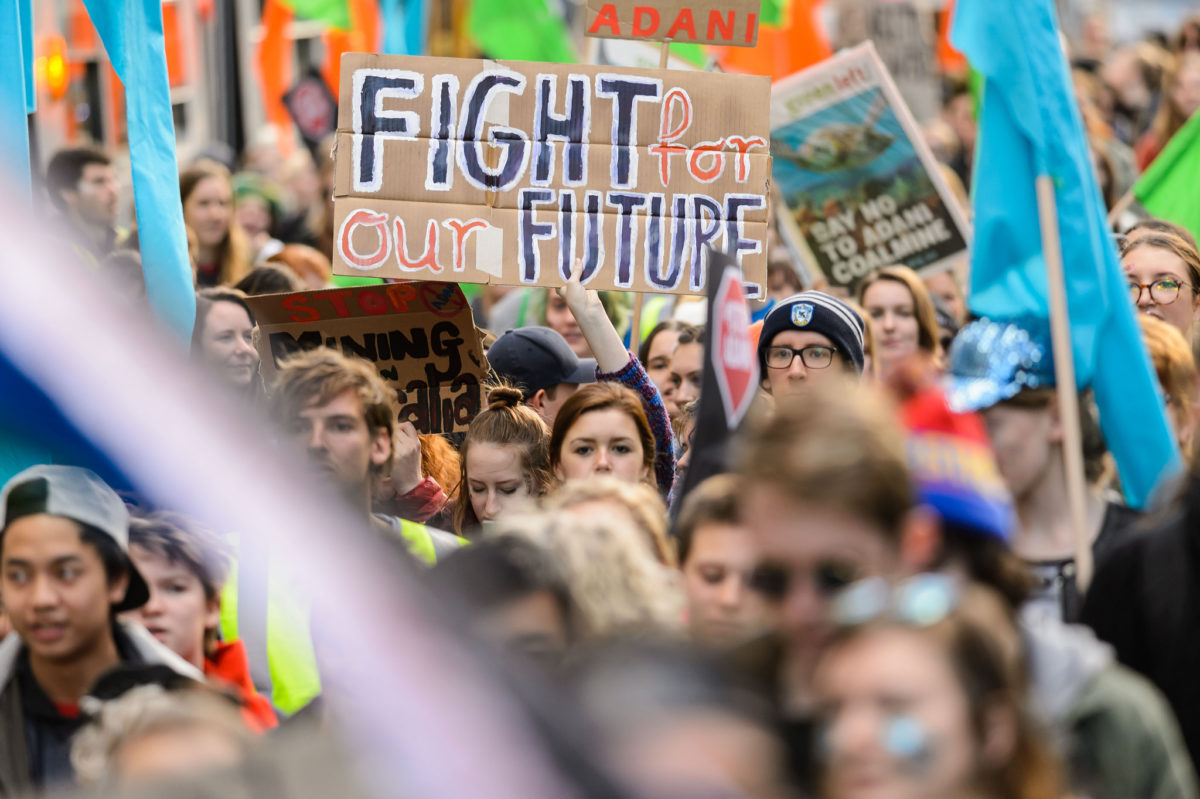
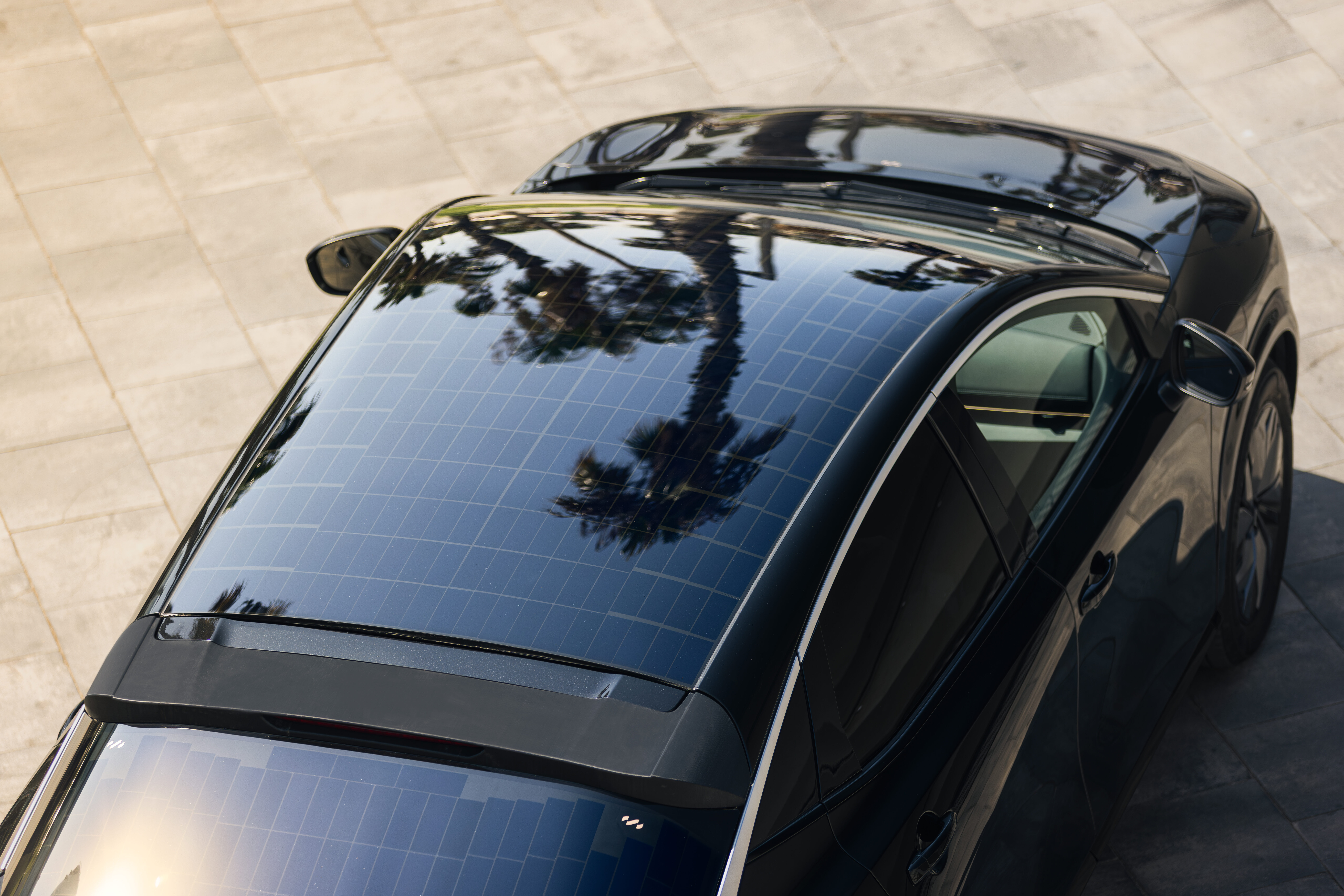


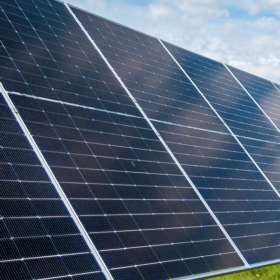


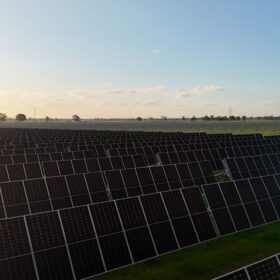
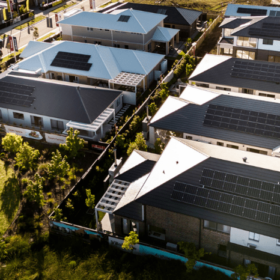
High energy use industries that extract resources and manufacture high grade metal’s will ramp up to tale advantage of the relaxation, heavy polluters must pay a fair burden of the massive environmental cost.